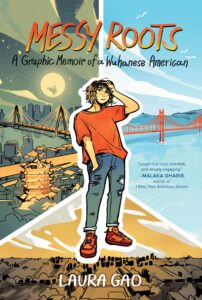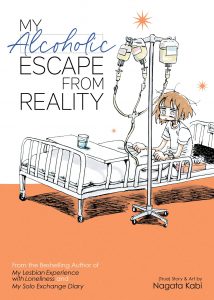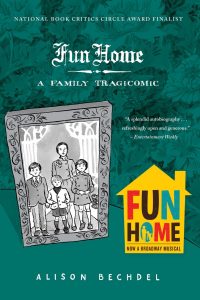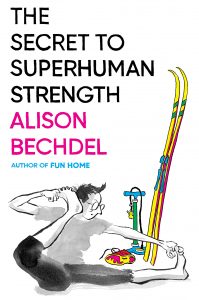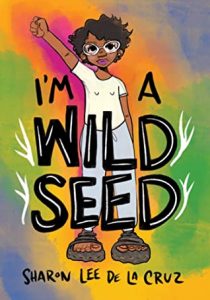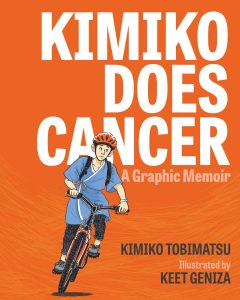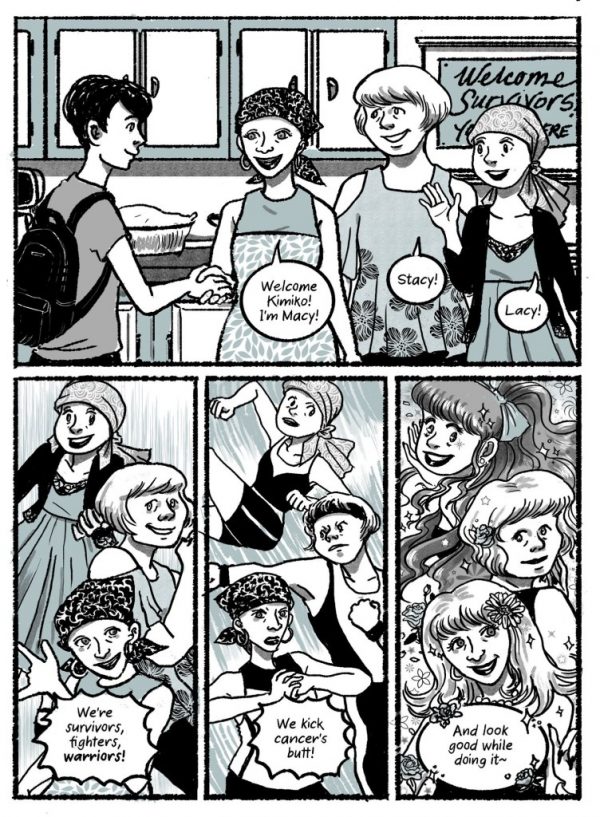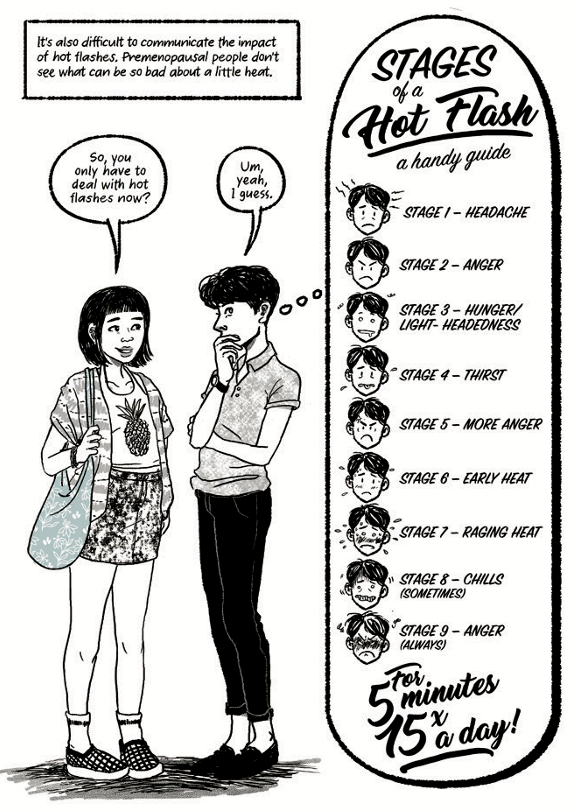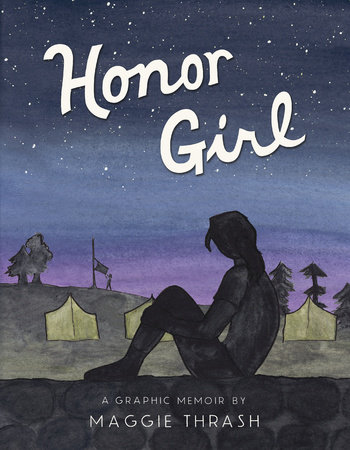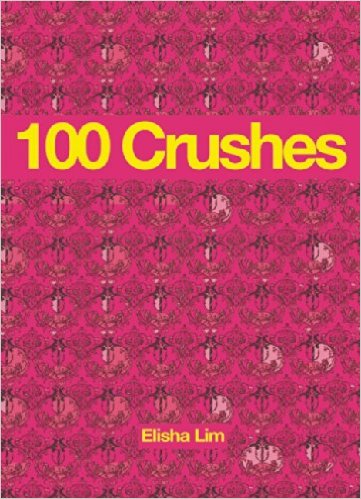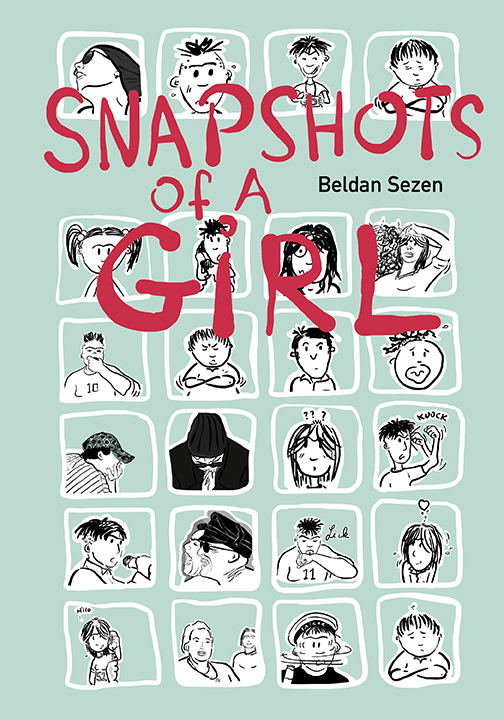Buy this from Bookshop.org to support local bookstores and the Lesbrary!
Messy Roots is Laura Gao’s memoir of her childhood and coming of age, first in Wuhan, China, then an early move to Texas, and finally through her choices of college in Pennsylvania and a job in the Bay area. As a Chinese American immigrant, Gao depicts her struggle to reconcile her childhood in Wuhan with the expectations of her friends and classmates in America via a direct and honest look at her own internalized biases and struggles, illustrated by a flowing and charming art style. I found Messy Roots to be a heartwarming and fast-paced read, and I’m really glad a friend recommended it to me.
Gao is brutally honest in her depiction of herself. She starts out by describing her efforts to fit in with her classmates in Texas, including by taking an American-ized name and minimizing hobbies and traits that mark her out as too obviously an immigrant. She finds her Chinese lessons burdensome and resents having to attend Chinese events at her family’s church. When she moves to college, she both connects more with the Chinese student community and realizes that she is attracted to women. Free from being directly under the eye of her family and people who knew her growing up, Gao, like many college students, starts to figure out for herself who she wants to be as a person. I felt like Gao’s personal journey really resonated from the page, because it was messy and not linear. I personally really empathized with how Gao’s attraction to women was evident through her early years with the benefit of hindsight, but not fully realized until college and near adulthood. Laura also struggles with who and how to come out to people, and especially to her family, but even when they are struggling to communicate, Gao depicts a complex and affectionately nuanced showing of family. I think memoirs like this are important, because real life does not reflect a neat narrative like in fiction. Reading this really focuses in on how you keep growing and learning as a person, and things that you think you had moved on from can later become important to you, and I really think this perspective is important for the teen audience this is intended for, although older readers can certainly appreciate that aspect as well.
In the final part of the book, Gao tells about moving to San Francisco after college, and rooming with a group of her immigrant friends. Buoyed by the strong Chinese community in the area and the city’s diverse and modern atmosphere, Gao starts to feel like she is putting down her own roots. But when the pandemic hits in 2020, Wuhan goes from an obscure location to a household name in America. As waves of racism and hatred impact her life and her family, Gao once again struggles to make sense of her identity and her life. It’s a terribly poignant and personal look at a time most of us would rather not look to closely at. It’s sort of refreshing to see a narrative that actively includes the pandemic as a time period that had real impact on people, and not just through the possibility of getting sick. Gao’s narrative highlights the some of the real ripple effects that this global event had, and I think that is also important to show in literature.
Messy Roots is Laura Gao’s effort to document her journey through her identity. Unlike a conventional, fictional coming of age story, Gao shows that life is messy and most people’s development is not linear. Her unflinching introspection and willingness to shine a light on the complex and less pretty parts of personal development make for an inspiring and insightful read. I am definitely glad to have read her perspective, and think this would be an excellent book for both adults and teens looking for a new viewpoint about growing up, coming out, and finding yourself.

